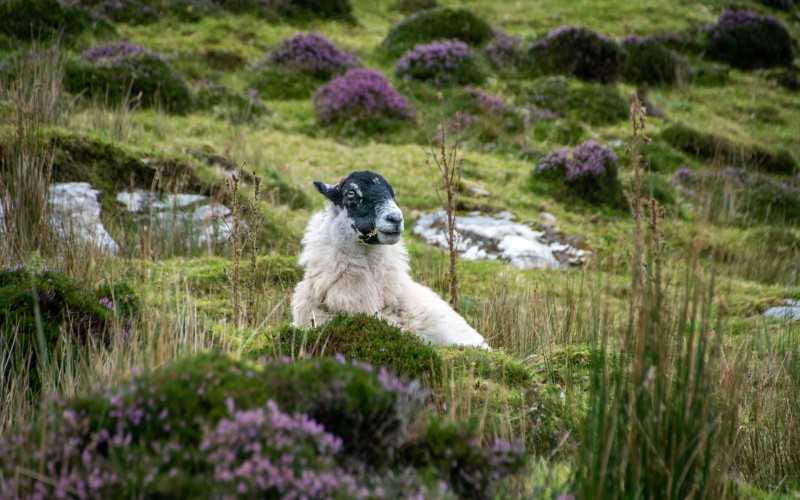
Spring is in the air and with holidays now in mind, people will be preparing to flock to the Scottish countryside, many of whom with their four legged companions in tow.
However, a recent attack on a Fife farm which resulted in six lambs found dead and 10 others so badly hurt by a suspected dog attack they had to be put down, provides a stark reminder to owners to keep their pets on a lead whenever livestock may be nearby, especially now lambing season is underway.
A recent survey by NFU Mutual found that despite 64% of owners admitting their dogs chase animals, almost half (46%) believe their dog was not capable of injuring or killing livestock. Awareness of the risk is increasing and NFU Mutual’s survey showed there are promising signs that The Dogs (Protection of Livestock) (Amendment) (Scotland) Act 2021 (“the 2021 Act”), which was introduced in an attempt to give the police greater power to investigate and enforce livestock worrying offences and amended the Dogs (Protection of Livestock) Act 1953, is helping to reduce attacks. According to the survey, nearly one third of dog owners in Scotland are aware that they could be fined up to £40,000 if their dog attacks livestock. Under this legislation, the term "livestock" is wide ranging and includes cattle, sheep, goats, swine (pigs/boars), horses and other animals such as alpacas, lamas, ostriches, farmed deer, enclosed game birds or poultry.
Advice for dog owners:
Not only do dog attacks cause suffering and distress to animals, they can also cause emotional distress and financial loss to farmers, including the potential loss of breeding stock that has taken years to build up. Under the 2021 Act, “worrying” means (i) chasing livestock in such a way as may reasonably be expected to cause injury or suffering to the livestock or, in the case of females, abortion, or loss of or diminution in their produce or (ii) being “at large” (that is not on a lead or otherwise under close control) in a field or enclosure in which there are sheep (please note that this element applies only to sheep and not other livestock.)
It is also important to be aware that under certain circumstances, land owners, livestock owners or employees of either, can kill or injure your dog if it is attacking or causing distress to their animals. The 2021 Act, in addition to increasing the fine, provides that owners of dogs worrying livestock could also face imprisonment for up to 12 months.
Dog owners should try to stop their dogs coming into contact with livestock and if you are in an area where livestock are nearby, always keep your dog under control. If you cannot guarantee control of them, keep your dog on a lead while in the vicinity of livestock.
Advice for Land managers:
It may be appropriate for signs to be erected to make members of the public aware of their responsibilities. Warning walkers that there are young lambs in fields may seem obvious but increasing awareness can be a useful tool.
Landowners should also consider public access near their land and any heightened risks perhaps due to the proximity of a well-used path, that this may cause to their animals, while being also bearing in mind the Scottish Outdoor Access Code.
Finally, it is important to help prevent rural crime by reporting incidents of sheep worrying to the police by calling 101 for non emergencies and 999 in an emergency.
If you have any queries in relation to livestock worrying or public access in general, please contact a member of our specialist Land and Rural Business team on 03330 430150
